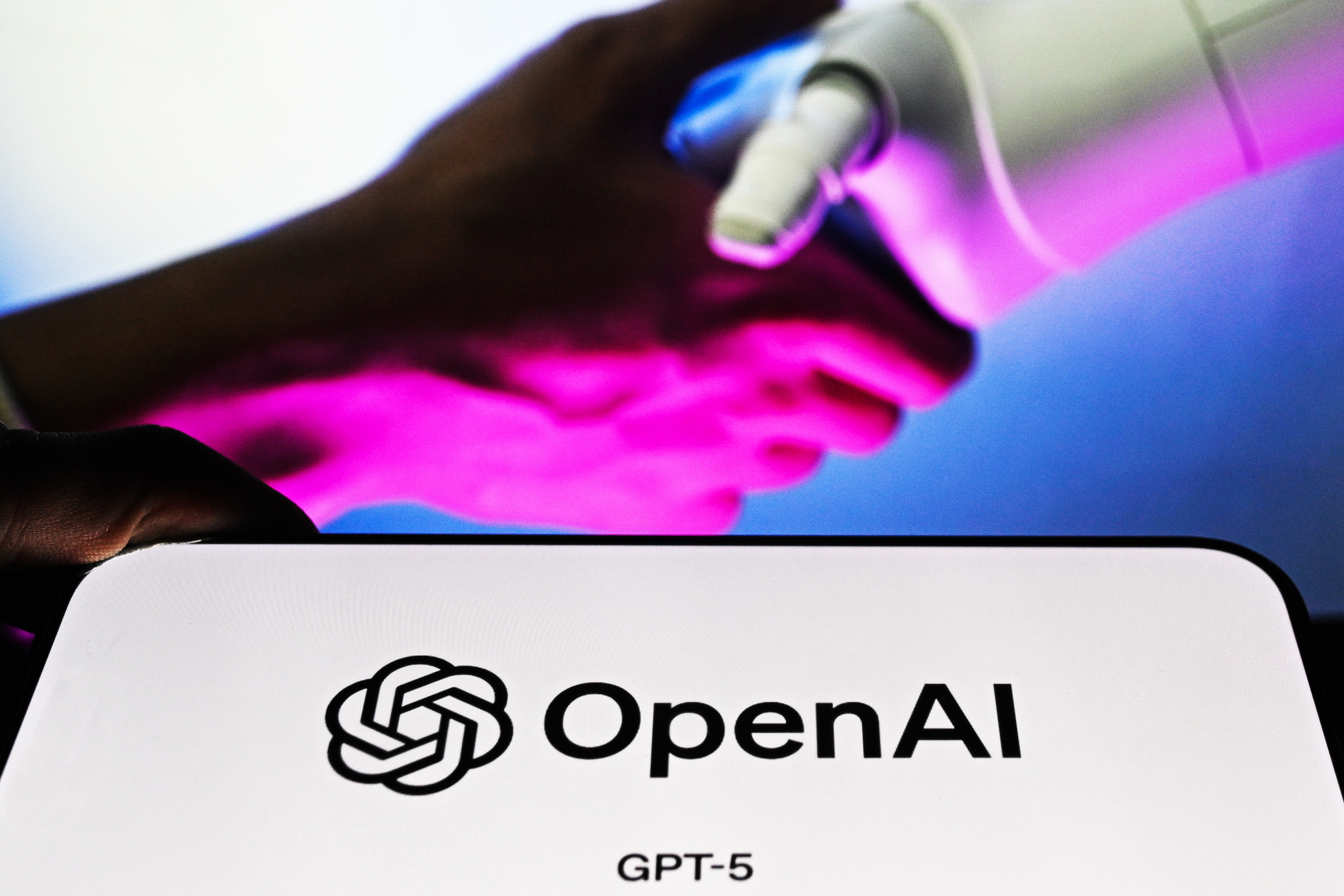OpenAI’s Jony Ive AI device delayed beyond 2026 over privacy, compute, and personality issues — Sam Altman says, "Do not expect anything very soon."
"OpenAI is struggling to get enough compute for ChatGPT, let alone an AI device."

All the latest news, reviews, and guides for Windows and Xbox diehards.
You are now subscribed
Your newsletter sign-up was successful
Beyond chasing the ever-elusive AI bubble with the aim of unlocking impressive feats like AGI (artificial general intelligence) and superintelligence, OpenAI has shown interest in dipping its toes into the hardware landscape.
At the beginning of the year, former Apple design guru Jony Ive joined OpenAI to lead its design efforts and possibly help develop the rumored device that could lead to the biggest tech disruption since the iPhone launched in 2007. Some speculate an "iPhone of artificial intelligence" could be in the works.
To further bolster its efforts in the hardware landscape, the ChatGPT maker acquired Ive's io AI device startup for $6.5 billion. OpenAI CEO Sam Altman has been vocal about today's systems not being developed to thrive in an AI-driven world, pushing coveted benchmarks like AGI farther from the company's grasp.
While there's no ETA on when OpenAI is poised to ship this much-anticipated device, there have been subtle hints that it might take a hot minute. Last week, Sam Altman highlighted OpenAI's plan to develop a small family of devices to reinvent human-computer interaction.
However, the executive admitted that it would take OpenAI "quite some time" to develop the devices. "Do not expect anything very soon," Altman added. More recently, a separate report corroborated Altman's claims, revealing that the long-awaited AI device from Jony Ive and OpenAI has been delayed due to three fundamental challenges that have hindered progress (via Financial Times).
OpenAI's AI hardware might be delayed beyond 2026
The company is reportedly having a hard time deciding the form factor the AI device should take, including voice and mannerisms, and as it seems, it's leaning on making a helpful friend. So far, Sam Altman seemingly wants a device that will revolutionize how users interact with software and hardware, other than typing and looking at a screen. Based on this premise, a smartphone or a pair of smart glasses have been ruled out.
According to the source:
All the latest news, reviews, and guides for Windows and Xbox diehards.
“The concept is that you should have a friend who’s a computer who isn’t your weird AI girlfriend . . . like [Apple’s digital voice assistant] Siri but better,” said one person who was briefed on the plans. OpenAI was looking for “ways for it to be accessible but not intrusive.”
OpenAI is having a hard time striking a perfect balance for the AI device. “It can’t be too sycophantic, not too direct, helpful, but doesn’t keep talking in a feedback loop.”
The source suggests that OpenAI's AI device could be roughly the size of a smartphone that users can communicate with through a camera, mic, and speaker. What's more, it's designed to sit on your desk, but you can also carry it around with you.
Unlike devices in the same range such as Amazon's Alexa, the anticipated device will always be on, alleviating the need to trigger it using a prompt. It will collect information throughout the day and store it to build its virtual assistant's memory.
While this might seem useful, it poses a huge security and privacy issue for users. With the camera and microphone always connected, bad actors to explore this avenue to gain unauthorized access to a user's data and use it to cause harm.
A lack of sufficient computing power continues to be a pain in OpenAI's neck, thwarting its efforts on the hardware front. According to a person with close affiliations with Jony Ive:
“Compute is another huge factor for the delay. Amazon has the compute for an Alexa, so does Google [for its Home device], but OpenAI is struggling to get enough compute for ChatGPT, let alone an AI device — they need to fix that first.”

Follow Windows Central on Google News to keep our latest news, insights, and features at the top of your feeds!

Kevin Okemwa is a seasoned tech journalist based in Nairobi, Kenya with lots of experience covering the latest trends and developments in the industry at Windows Central. With a passion for innovation and a keen eye for detail, he has written for leading publications such as OnMSFT, MakeUseOf, and Windows Report, providing insightful analysis and breaking news on everything revolving around the Microsoft ecosystem. While AFK and not busy following the ever-emerging trends in tech, you can find him exploring the world or listening to music.
You must confirm your public display name before commenting
Please logout and then login again, you will then be prompted to enter your display name.

